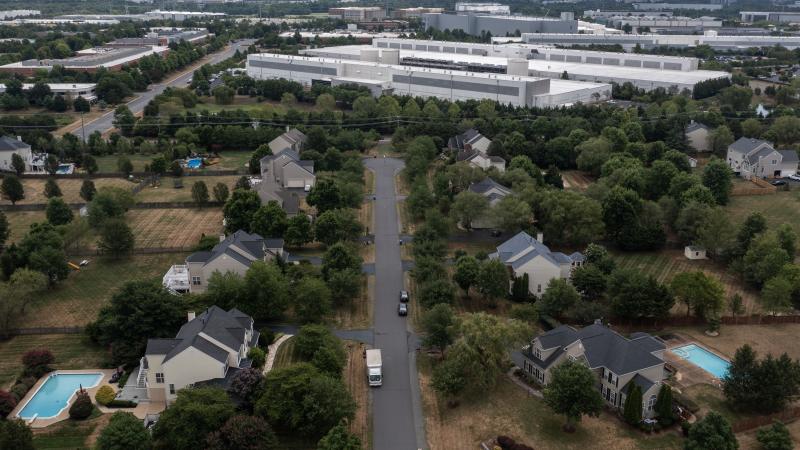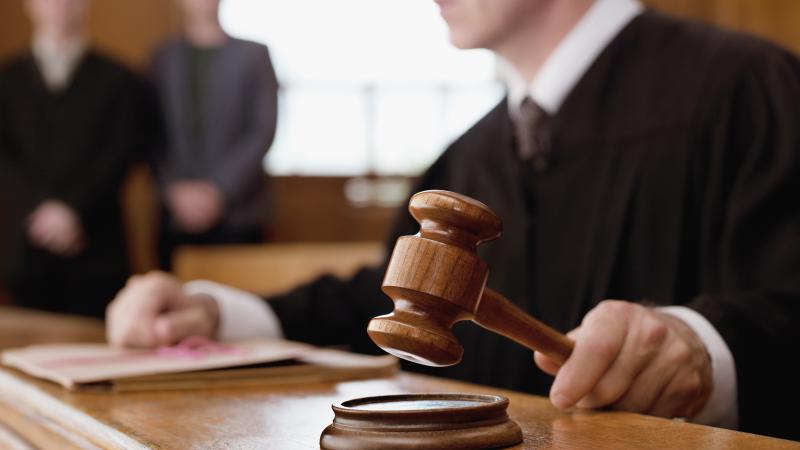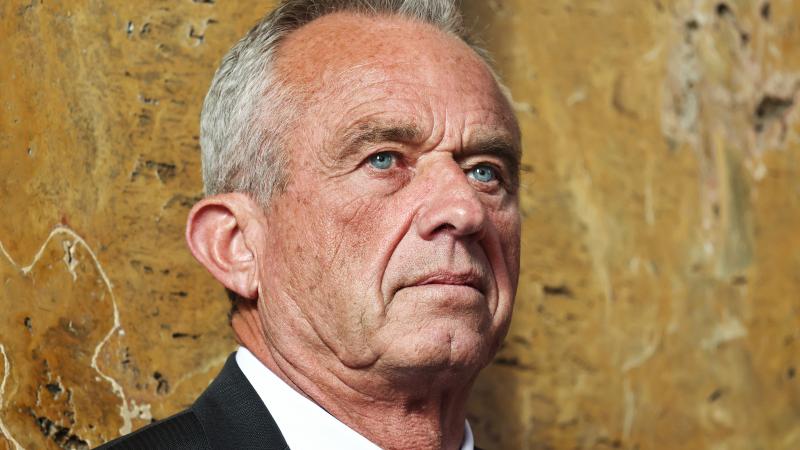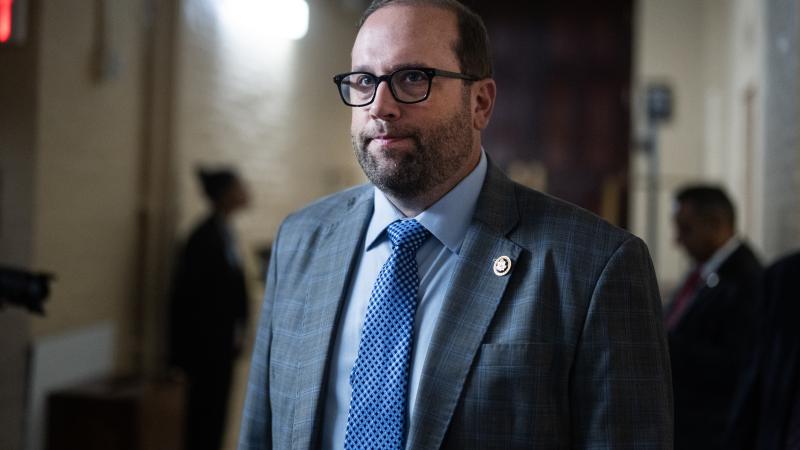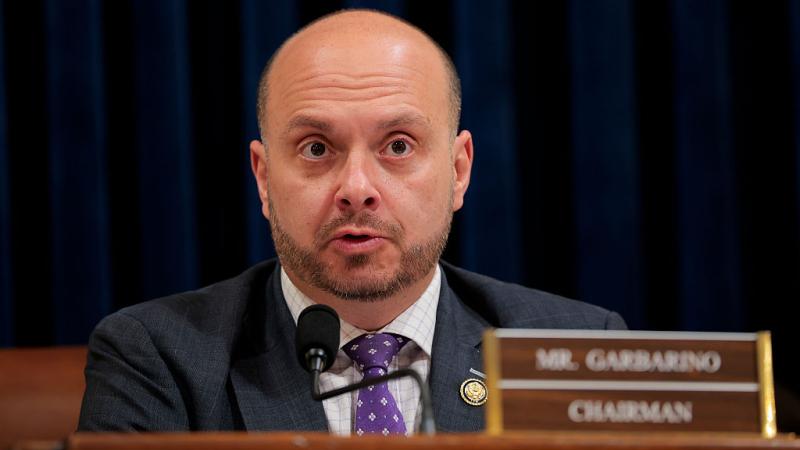Energy companies seek dismissal in Hawaii climate lawfare case
The City and County of Honolulu “seek to impose liability on a small group of Defendants for what Plaintiffs label the ‘cascading social, economic, and other consequences’ of global climate change,” according to a memorandum in support of the motion.
(The Center Square) -
Energy companies being sued by the city of Honolulu over climate change accusations have motioned for summary judgment, stating that Hawaii’s two-year statute of limitations makes the plaintiffs’ case unsubstantial.
The City and County of Honolulu “seek to impose liability on a small group of Defendants for what Plaintiffs label the ‘cascading social, economic, and other consequences’ of global climate change,” according to a memorandum in support of the motion.
The defendants are made up of a number of leading energy companies including Chevron, Exxon Mobil, Conoco, Marathon, and Phillips 66 to name a few.
The memorandum said that the plaintiffs’ complaint “is fatally flawed in numerous respects,” but that “one glaring defect jumps off the face of virtually every page: Hawai‘i’s two-year statute of limitations bars Plaintiffs’ claims.”
The plaintiffs’ 2020 complaint itself “alleges that by the 1960s fossil fuels’ link to potentially ‘disastrous global warming’ became the subject of widespread public concern.”
Additionally, “as early as 2001, Honolulu’s Mayor publicly accused the energy industry of engaging in a campaign of climate deception – the same allegation that forms the basis of the [plaintiffs’] Complaint filed almost twenty years later,” the memorandum said.
When asked if he thought the energy companies would succeed in their motion for summary judgment, George Mason University law professor Donald Kochan told The Center Square: “It's a very strong motion.”
Kochan said he believes “summary judgment is appropriate on the statute of limitations claims.”
The defendants’ motion takes “full advantage of the fact that the plaintiffs have for years been making the same claims [of climate change] that they are now attempting to bring in this lawsuit,” Kochan said.
In the plaintiffs’ complaint, “there are plenty of admissions of the plaintiffs’ own understanding of the existence of their claims,” Kochan said. “So it's very difficult for the plaintiffs to have any kind of defensive response.”
The City and County of Honolulu are in a sense “victims of their own campaign,” Kochan said.
Kochan hopes that if lawsuits such as the one raised in Hawaii begin getting dismissed that “it will redirect energy toward legislative and regulatory solutions,” rather than “illegitimate” campaigns that “use the courts to achieve what cannot be achieved in the legislature.”
“When the courts start to foreclose access to these kinds of lawsuits,” it will “force a more reasoned debate inside in the proper branches of government,” Kochan said.
Kochan told The Center Square that cases like these “are seeking to impose retroactive liability for previously lawful acts.”
This means “we are punishing people for lawful activities,” as Kochan said. That’s “precisely” why we “have statutes of limitations – so that people can't be brought into court when the winds change far after the acts occurred.”
Hawaii’s First Circuit Court is set to hear the energy companies’ arguments for summary judgment on Tuesday, July 29.
In January, defendants in the case petitioned the U.S. Supreme Court to review it, The Center Square reported, but were denied their request.
A similar lawsuit to Hawaii’s took place in Pennsylvania earlier this spring in which energy companies were blamed for climate change and related deception, The Center Square reported.
These lawsuits are “on tenuous legal ground because of a 2011 U.S. Supreme Court case,” in which it was ruled federal claims of that kind “could not be used to punish companies or allow judges to rewrite environmental policy from the bench,” as well as because “proving direct causation is difficult,” The Center Square reported.
Hawaii, specifically, is all but dependent on fossil fuels, with 90% of its energy consumption coming from petroleum, over 80% of its goods and around 90% of its food being imported on ocean vessels, and its large tourism industry being mostly supported by air travel.
In a statement obtained by The Center Square, Executive Director of Alliance for Consumers and former Arizona Solicitor General O.H. Skinner said of the Hawaii climate lawsuit: “As the Left repeatedly fails to convince the American people to support its climate agenda at the ballot box, they’ve opted to enact their agenda through the courtroom.”
“These ‘public nuisance’ lawsuits are the true threat to consumer freedom: progressive activists are attempting to bankrupt producers of the most popular consumer products, wiping choices off the shelf, simply because their products don’t align with a progressive world view,” Skinner said.

